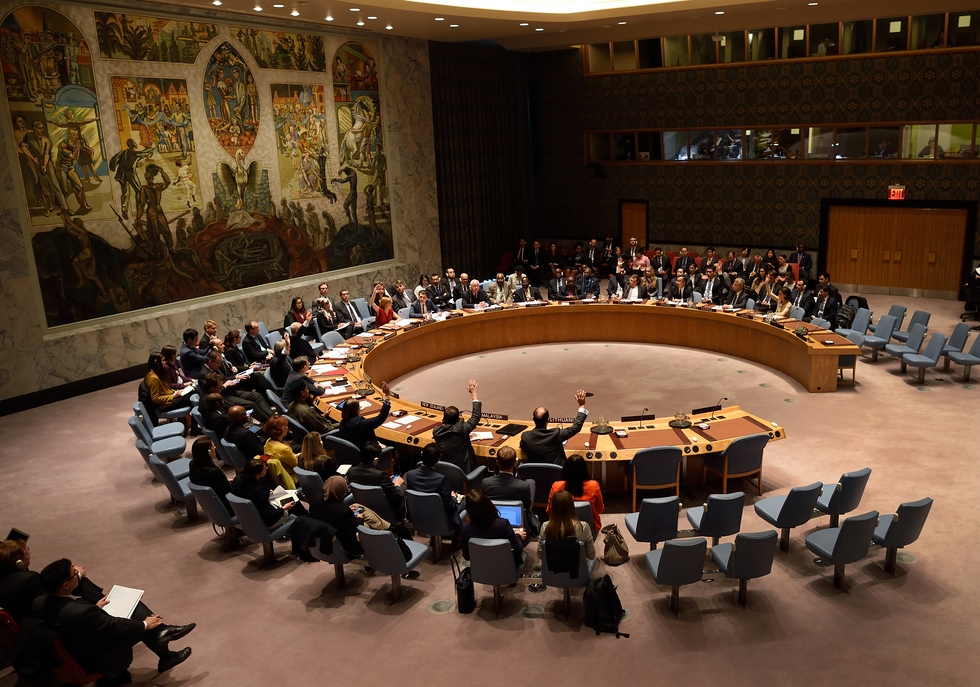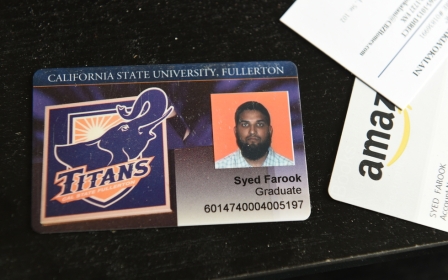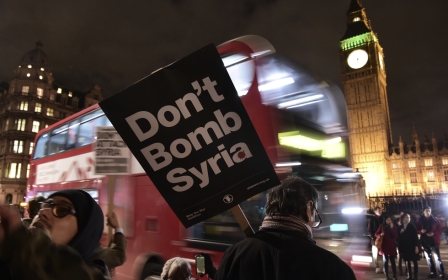ISIS's challenge to the statist world order

One of the seemingly permanent contributions of Europe to the manner of organising international society was to create a strong consensus in support of the idea that only a territorially delimited sovereign state was entitled to the full privileges of membership.
The United Nations, the institutional embodiment of international society, recognises this principle by limiting membership in the organisation to "states".
Of course, there is an enormous variation in the size, population, military capabilities, resource endowments and de facto autonomy as between the various states. At one extreme are states such as China and India with populations of over 1 billion, while at the other are such tiny countries such as Liechtenstein or Vanuatu, but all four have the same one vote when it comes to action in the UN General Assembly or votes at the global conferences on climate change.
From the point of view of international law and organisational theory, we continue to live in a state-centric world order early in the 21st century.
This is somewhat surprising, especially in the Middle East and sub-Saharan Africa where the "states" were often arbitrarily imposed a century or more ago to satisfy colonial ambitions and took no account of the wishes and identities of the people living in a particular geographic space.
Yet without exception nationalist movements and their leaders throughout the world, although aware that the colonial demarcations of boundaries were not rooted in ethnic, religious and historic experience, nevertheless refrained from challenging the idea that a politically independent state should be delimited by the same boundaries as the prior colonial state.
It seems that this acceptance of the territorial status quo reflected two different considerations. Questioning colonial boundaries would open a dangerous Pandora’s Box full of nasty conflicts and contradictory claims. Beyond this, achieving control over an existing territorial state was seen in international law as the proper fulfilment for a people of their right of national self-determination. Such an outcome was accepted as the goal of nationalist movements throughout the global South, regardless of whether the ideological animus of the movement leaned left or right.
Of course, here and there were some rough edges, but surprisingly few. Malaya split into Malaysia and Singapore, and more significantly, Pakistan broke off from India, and then Bangladesh later split from Pakistan in a bloody struggle. Yet in all these instances the result of political fragmentation was the establishment of a coherent territorial sovereign state. There seemed to be no other concept of sovereign political community under consideration.
Again there are a few inconsequential exceptions. The Vatican, despite being an essentially religious community, is acknowledged for some purposes as a state, although denied full membership in the UN.
More recently, Palestine has been accepted by the UN General Assembly as a non-member observer state, but not given any right to vote or participate as a member in debates within the General Assembly or Security Council. Palestine as a kind of "ghost state" is accepted as a member of UNESCO and a state party at the International Criminal Court.
Perhaps, the most fundamental challenge to a purely statist world order arose from the emergence of the European Union. The EU does represent the interests of its 28 member states for many purposes, including at some international conferences. And yet the EU is not given membership or an independent vote at the UN.
Similarly, the effort to endow civil society with international status has not gained political traction despite widespread support for a "global people's parliament" based on the model of the European Parliament.
It is against this statist background that some recent Islamic practice with regard to political community and world order is innovative and challenging. When explaining the revolutionary process in Iran that unfolded in 1978-79, Ayatollah Khomeini insisted that what was happening in Iran should be treated as an "Islamic Revolution" rather than an "Iranian Revolution".
What was being asserted was that the relevant community was the Muslim umma, which has not been actualised in recent times but deserves the loyalty and adherence of believers whatever their location in national space happens to be. Such a view was more aggressively articulated in the declarations of Osama Bin Laden, whose worldview was Islamic, which transcended the secular realities of statehood and nationalism, and expressed what might be called an Islamic cosmopolitan worldview.
The most concerted challenge of all directed toward state-centricism has been mounted by ISIS, and especially by announcing the establishment of a new caliphate in the Middle East, whose contours were based on governance patterns in Syria and Iraq rather than on the boundaries of existing sovereign states.
ISIS leaders also boasted of "the end of Sykes-Picot," the Anglo-French originally secret agreement in 1916 that led to the formation of the modern statist Middle East in the territories formerly administered by the Ottoman Empire. So far, ISIS has made good on its claim to govern the area it controls by sharia law strictly applied, and thus defy the sovereign territorial authority of both Syria and Iraq.
There are at least three elements of this non-state pattern of control that are worth noticing. First, ISIS seems to have no interest in being accepted as a state or to be treated as a vehicle of self-determination for Syrians and Iraqis living under its authority. ISIS rests its authority to govern exclusively on a sectarian claim to be applying Islam.
Secondly, by discrediting those states that were imposed on the region after World War I, ISIS is claiming a superior political legitimacy to that conferred by international diplomatic procedures or through admission to the United Nations.
Thirdly, significant portions of the Sunni population that is dominant presence in the caliphate welcomed ISIS, at least at first, as a liberating force freeing the population from Shia oppression and discrimination and more effectively offering social services at a grassroots level.
In effect, ISIS has successfully raised questions about the political legitimacy of states imposed by colonial authority and accepted by indigenous nationalist movements. This questioning of statism in the Middle East is likely to be more durable than ISIS itself. From an ethnic angle, the Kurdish movements in Iraq, Turkey and Syria, never having been content with Sykes-Picot borders, are now constituting new ethnically delimited political communities. As with ISIS, these novel entities are being called quasi-states or states within states. In other words we are so entrapped in statist language that we must misleadingly link these innovative political realities to the statist framework.
From this perspective it is worth noticing the double proposal of the neocon former American ambassador to the UN, John Bolton, who wants the West to go all out to destroy the ISIS caliphate, but couples this with the rather startling assertion that Iraq and Syria have lost their entitlement to reclaim these territories. Instead, “Washington should recognise the new geopolitics. The best alternative to the Islamic State in northeastern Syria and western Iraq is a new, independent Sunni state,” he wrote in an article in the New York Times.
As might be expected, Bolton’s rationale is totally neo-colonial in conception and implementation, designed to keep Moscow out, to restore US influence in the region, and to support indirectly the anti-Shiite goals of the Gulf monarchies.
True, Bolton’s Sunni state is an externally imposed political construction that is expected to become a traditional state with authority limited to its international borders. This contrasts with the ISIS caliphate that claims authority based on its Salafi interpretation of Islam, and while it maintains borders, its community of adherents is non-geographical, and notions of citizenship and nationality do not apply.
It is suggestive that even Bolton opposes “striving to recreate the post-World War I map”. What makes Bolton’s proposal of interest is only that it indirectly confirms the ISIS challenge to the legitimacy of how Europe constructed the post-Ottoman Middle East in the colonialist atmosphere that prevailed after World War I.
- Richard Falk is an international law and international relations scholar who taught at Princeton University for 40 years. In 2008 he was also appointed by the UN to serve a six-year term as the Special Rapporteur on Palestinian human rights
The views expressed in this article belong to the author and do not necessarily reflect the editorial policy of Middle East Eye.
Photo: The United Nations Security Council representatives voting on 10 December, 2015 (AFP).
Middle East Eye propose une couverture et une analyse indépendantes et incomparables du Moyen-Orient, de l’Afrique du Nord et d’autres régions du monde. Pour en savoir plus sur la reprise de ce contenu et les frais qui s’appliquent, veuillez remplir ce formulaire [en anglais]. Pour en savoir plus sur MEE, cliquez ici [en anglais].





